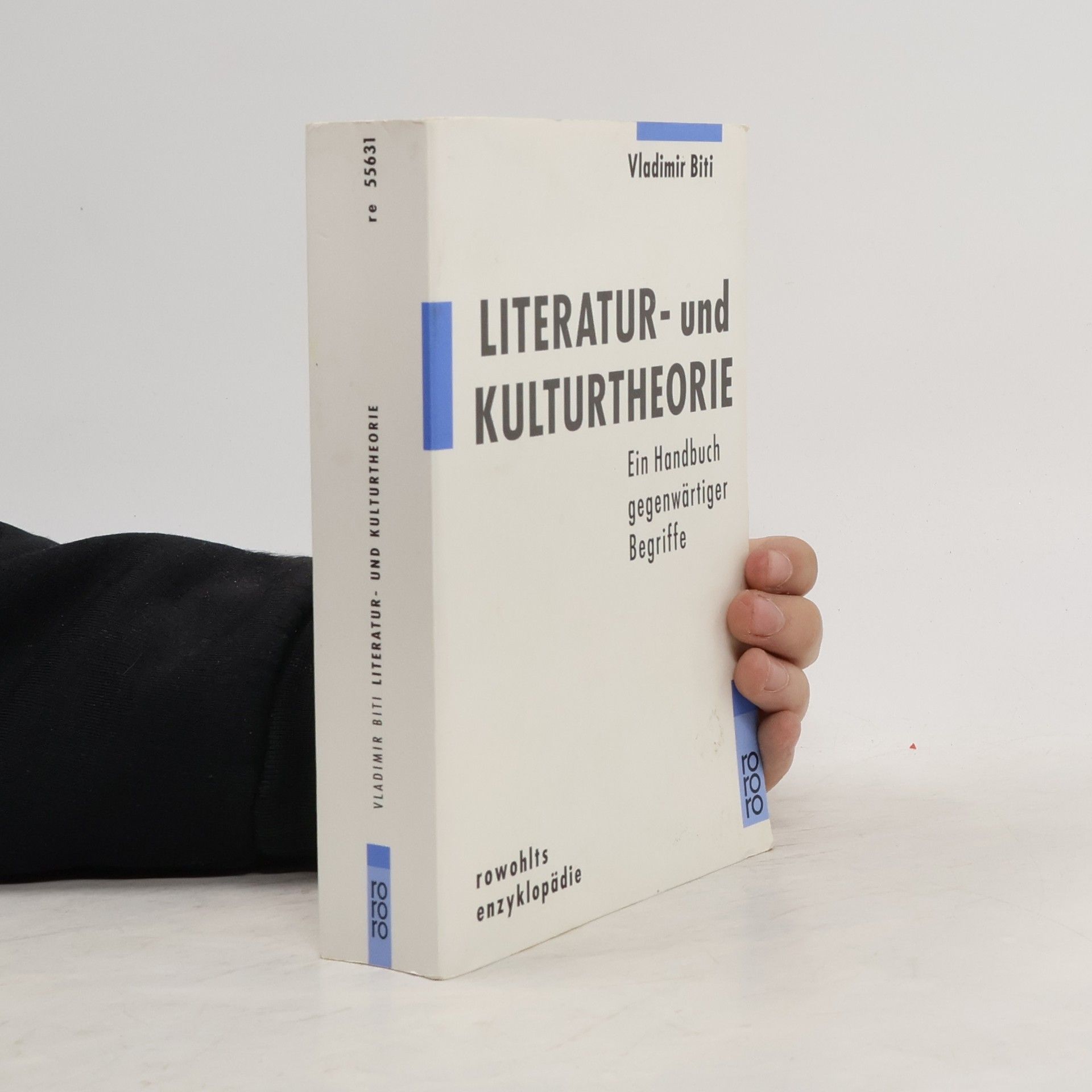Focusing on the traumatic aftermath of the dissolution of East-Central European and West European empires, the book explores transnational literary alliances through the works of Franz Kafka and J.M. Coetzee. It analyzes how Kafka represents the transition from sovereign to disciplinary governance, while Coetzee reflects the shift from colonial assimilation to regeneration. Through close readings, the text reveals how both authors respond to the reconfiguration of power relations in their narratives, highlighting the instability of post-imperial literature and the loss of transcendental guarantees in human experience.
Vladimir Biti Knihy
Tento autor zkoumá složité vztahy mezi literaturou, teorií a kulturou. Jeho práce se ponořuje do hlubin vyprávění, analyzuje způsoby, jakými texty konstruují a zpochybňují narativy, a zkoumá téma „domestikace druhého“. Prostřednictvím precizního teoretického rámce a hlubokého porozumění literárním tradicím nabízí svěží pohled na to, jak texty odhalují skryté významy a jak se formuje naše vnímání historie a identity. Jeho přístup je charakteristický pečlivou analýzou a pronikavým vhledem do toho, co činí literaturu smysluplnou.


Ovaj je Pojmovnik predobar za naše pojmove. -Feral Tribune Bitijeva je knjiga za naše prilike nevjerojatan kompendij suverenog znanja o kretanjima u suvremenoj književnoj teoriji s najsvježijim informacijama kao začinom dobru jelu: u bližoj budućnosti mnogima neće biti jasno kako se ova knjiga pojavila sada i ovdje. -Siniša Nikolić, Slobodna Dalmacija Najozbiljnija i najsveobuhvatnija teorijska ukoričena pojava na nebu hrvatskoga promišljanja književnih teorija, a koju je osmislio i realizirao samo jedan stručnjak. -Jasen Boko, Slobodna Dalmacija Pojmovnik se široko otvara kako prema cjelokupnoj humanistici - filozofiji, psihologiji, sociologiji, lingvisitici - tako i prema pravu, teoriji informacije, neurosemiotici i dr. Pred sobom dakle imamo svojevrsnu summu mnogih bitnih aspekata kulture 20. stoljeća. -Josip Užarević, Vijenac